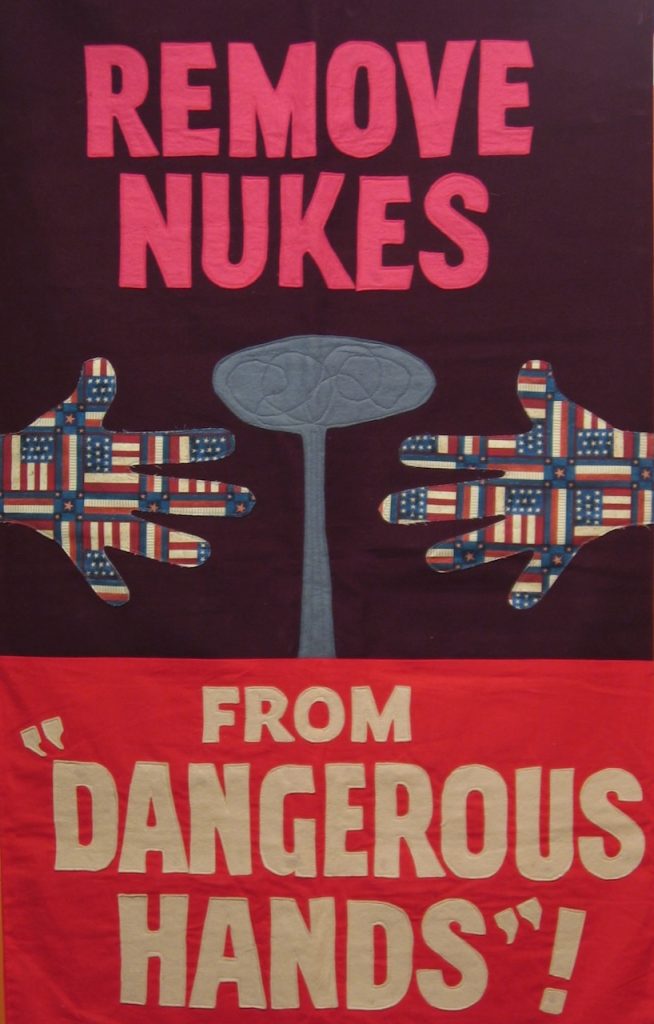Discussion of the Movie “Oppenheimer”
Posted on September 13, 2023, by Byron Plumley CoL

In Cedar Falls, Iowa, we hosted a discussion of the movie “Oppenheimer” with friends from the Unitarian Universalist Church. The following comments were made during the conversation.
- The group appreciated the biographical and historical commentary on the scientific work of J. Robert Oppenheimer and the Manhattan Project, 1945.
- Oppenheimer was a brilliant scientist who did not know the impact of the weapon he was developing. Even after seeing the Trinity test, he did not know the end result.
- As Oppenheimer developed the bomb his conscience raised questions about the use of the weapon even though he was motivated by the push to stop Hitler.
- The U.S. government pressure to create a weapon that would end the war motivated Oppenheimer to stay focused on the development of an atomic weapon.
- After Oppenheimer saw the devastation of Hiroshima and Nagasaki he told President Truman that he felt he “had blood on his hands.”
- After Oppenheimer was discredited and accused of being a communist and stripped of his security clearance, his wife asked him if his martyrdom was going to assuage his conscience.
- One person had visited the Hiroshima Peace Memorial Museum where she cried, and again during the movie found herself crying at the awareness of the devastation of the people of Hiroshima and Nagasaki.
- A couple people in the discussion were alive in 1945 and commented that everyone knew someone connected to the war effort in the U.S.
Without a political focus the conversation about the movie offered reflection on the events of 1945 as the United States faced war in Europe, and after Pearl Harbor, war with Japan.
Hosting a discussion of the film is an opportunity to open the door to talking about the proliferation of nuclear weapons that Oppenheimer predicted. At the end of the evening I handed out a timeline of nuclear weapons development since 1945. And even though it is not part of the movie you would have opportunity to mention the United Nations Treaty on the Prohibition of Nuclear Weapons.
